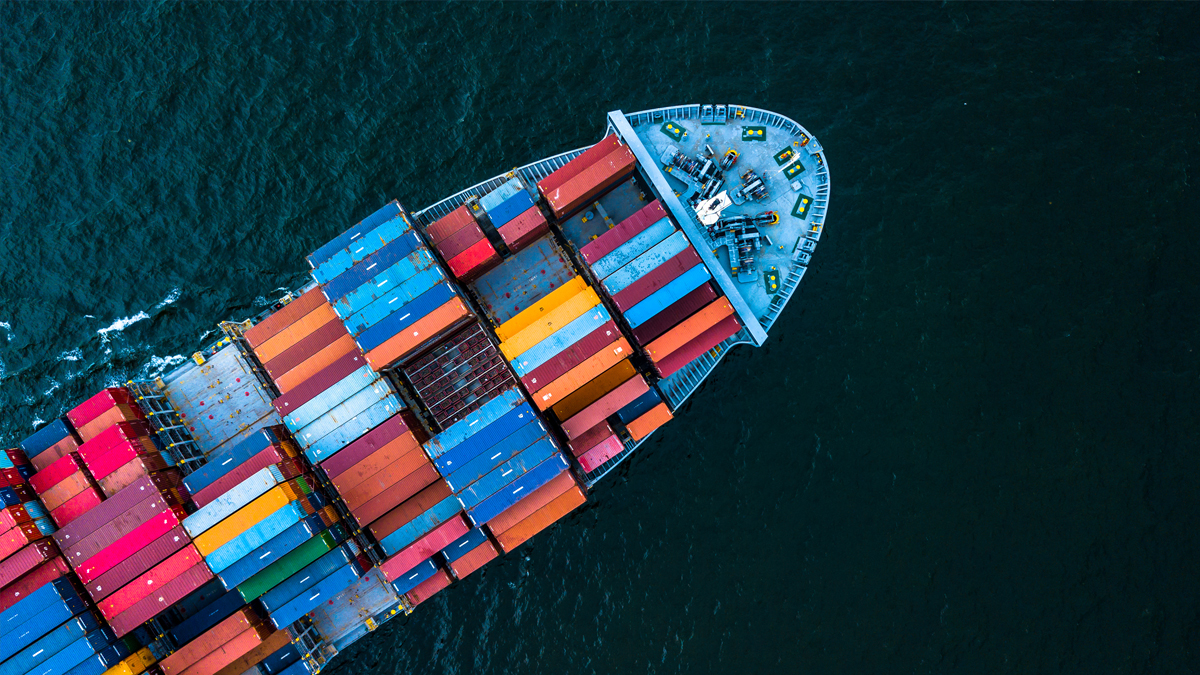At Reading, you can tailor your studies and specialise in your chosen area of interest. All our commercial law courses are offered in conjunction with the International Capital Market Association (ICMA) Centre of Henley Business School.
Each pathway of LLM Commercial Law combines law and business, with modules offered by the School of Law and ICMA. You will have the unique opportunity to develop a multidisciplinary perspective by studying business-related modules directly from a business school.



